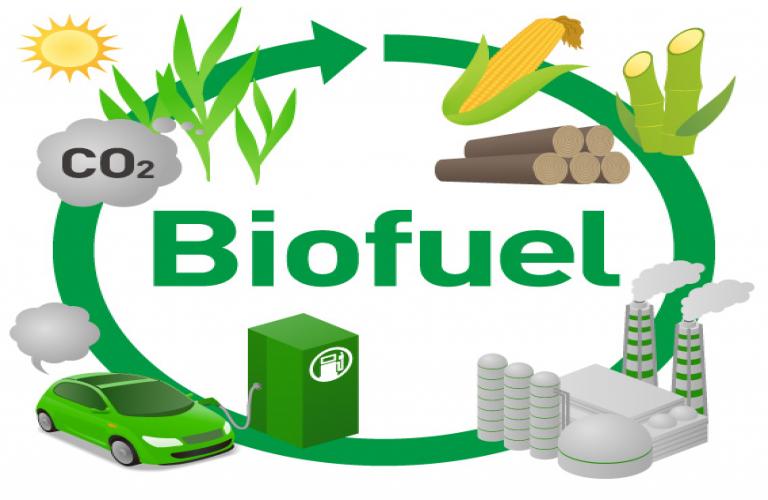
In News
The Cabinet has approved the program Pradhan Mantri JI-VAN (Jaiv Indhan- Vatavaran Anukool fasal awashesh Nivaran) Yojana that provides financial assistance to Integrated Bioethanol Projects.
Highlights of The Programme
- The programme will support bioethanol generating projects that use lignocellulosic biomass and other renewable feedstock.
- It has a financial outlay of Rs. 1969.50 crore from 2018-19 to 2023-24. Of this amount, Rs. 1800 crore is for developing 12 commercial projects and the rest Rs. 150 crore is for 10 demonstration projects.
- The demonstration projects are for second generation (2G) ethanol projects.
- These projects are to be undertaken in two phases.
- In phase I, 6 commercial projects and 5 demonstration projects will receive financial support. These are to be built between 2018-19 to 2022-23.
- In phase II, the remaining 6 commercial and 5 demonstration projects will be taken up. These are to be built between 2020-21 and 2023-24.
- The scheme will support the nascent ethanol industry by developing an ecosystem and increasing R&D.
- The scheme is set to support the Ethanol Blending Programme (EBP) of the government.
Benefits of The Scheme
- The scheme will enable the government to reduce its import bill on fossil fuels.
- It helps achieve the GHG emission targets through either substituting or blending with fossil fuels.
- It helps avoid burning of biomass/crop residue and the associated environmental issues.
- It generates additional income for the farmers by providing them a way to sell the farm waste.
- The projects will generate employment both in rural and urban areas.
- the nonfood biofuel feedstocks such as waste biomass and urban waste will contribute to the Swacch Bharat Mission.
- The scheme will indigenize Second Generation Biomass to Ethanol technologies.
Bioethanol
- Ethanol is a biofuel made from biomass such as corn or sugar.
- Also crops like hemp, potato and cassava are also used to generate ethanol.
- Bioethanol is renewable energy. It is a green fuel, as combustion of this fuel will release less carbon dioxide, NOx and other pollutants than the conventional fuels.
- Countries like Brazil and the USA have bioethanol blending programmes. They have been running them successfully.
- India too has one such programme.
Indian EBP Programme
- The PMJI-VAN Yojana will enable the government to achieve its target under the EBP Programme.
- As per the Yojana, it is made compulsory for the Oil Marketing Companies (OMC) to source ethanol from the Integrated Bioethanol Projects.
- Under the EBP programme, 10% of ethanol will be blended with petrol by 2022. But in the year 2017-18, ethanol procurement stood at 4.22% despite the government providing incentives to generate ethanol.
- With the new scheme, ethanol production is set to increase and the target of EBP will be achieved.
Also Read: Cabinet Approves the New National Policy on Software Products 2019
Way Ahead
- So far, adoption of bioethanol in the country has been limited by the shortage in supply of ethanol. With the PMJI-VAN, this is set to change. It will augment the supply of ethanol and the OMCs can achieve their target of 10% blending.
- But, the real question is, with fast reductions in the prices of electric vehicles and commercial electricity prices, is such investment in bioethanol worthwhile? Still, the complete transformation of the Indian vehicular fleet to electric is some decades away, maybe PMJI-VAN is a right move by the government.
Also Read: OIC And India Amid Changing Geopolitics

Leave a Reply
You must be logged in to post a comment.